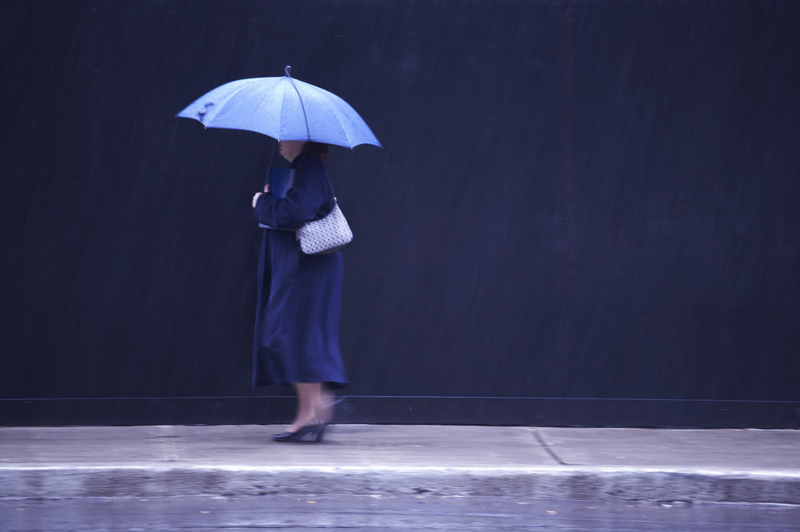
TUESDAY, June 24, 2014 (HealthDay News) — Banning certain types of pavement sealants led to lower levels of cancer-causing compounds in a lake in Austin, Texas, a new study showed.
In 2006, the city became the first in the United States to ban pavement sealants made from coal tar, which were putting high amounts of polycyclic aromatic hydrocarbons (PAHs) into the environment.
Studies have shown that PAHs cause cancer in animals and there are concerns that these compounds may harm human health as well.
To determine whether Austin’s ban on coal-tar sealants was having an effect, researchers sampled the mud at the bottom of Lady Bird Lake, which receives much of the water running off Austin’s streets and parking lots.
After analyzing their samples and historic data, the researchers found that after a 40-year increase in PAH levels in the lake’s mud, levels declined by about half after coal-tar sealants were banned.
PAH levels are still declining, according to the study in a recent issue of the journal Environmental Science & Technology.
Some other local and state governments have also banned coal-tar sealants.
More information
The U.S. Centers for Disease Control and Prevention has more about PAHs.
Copyright © 2026 HealthDay. All rights reserved.

